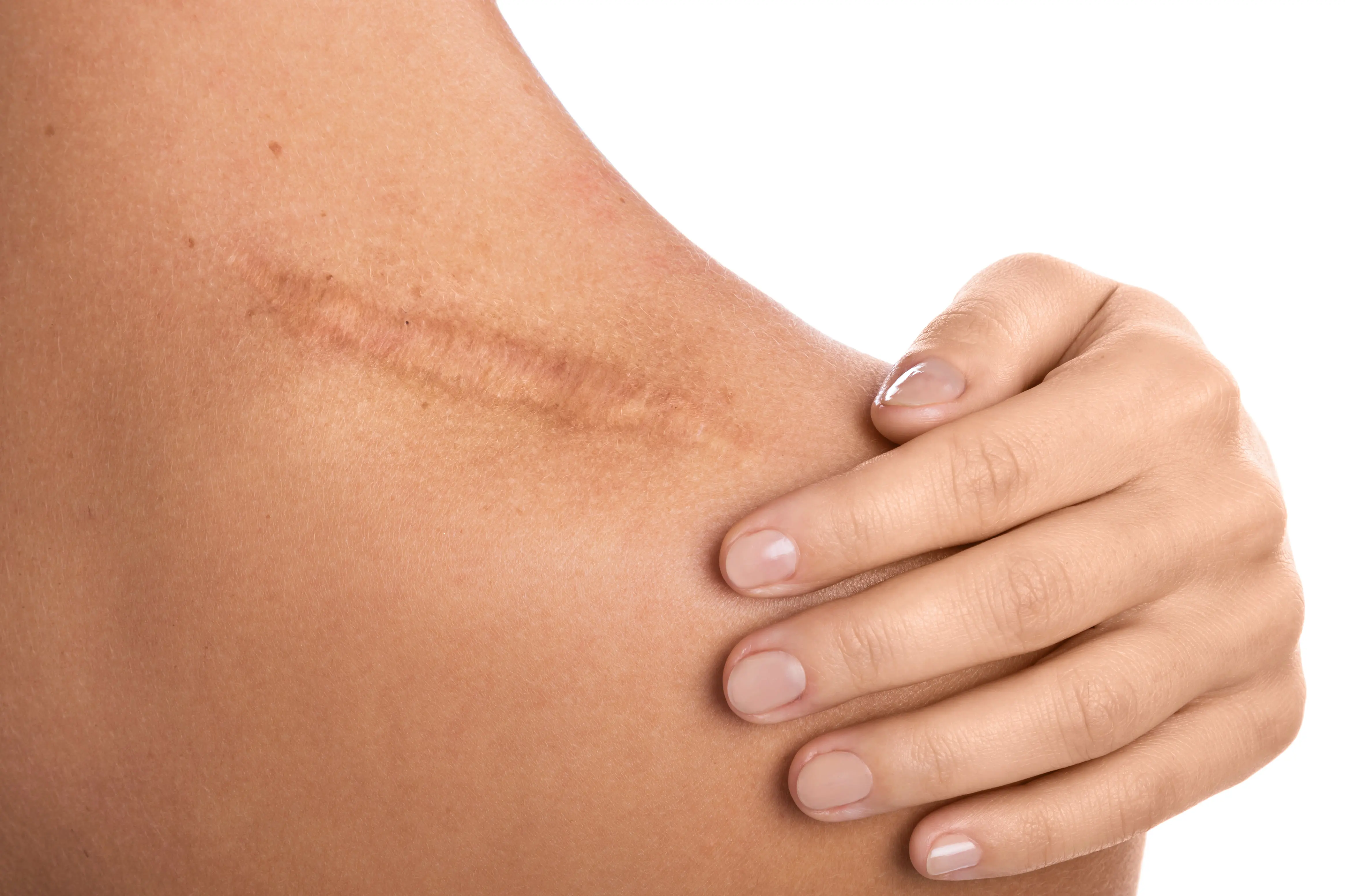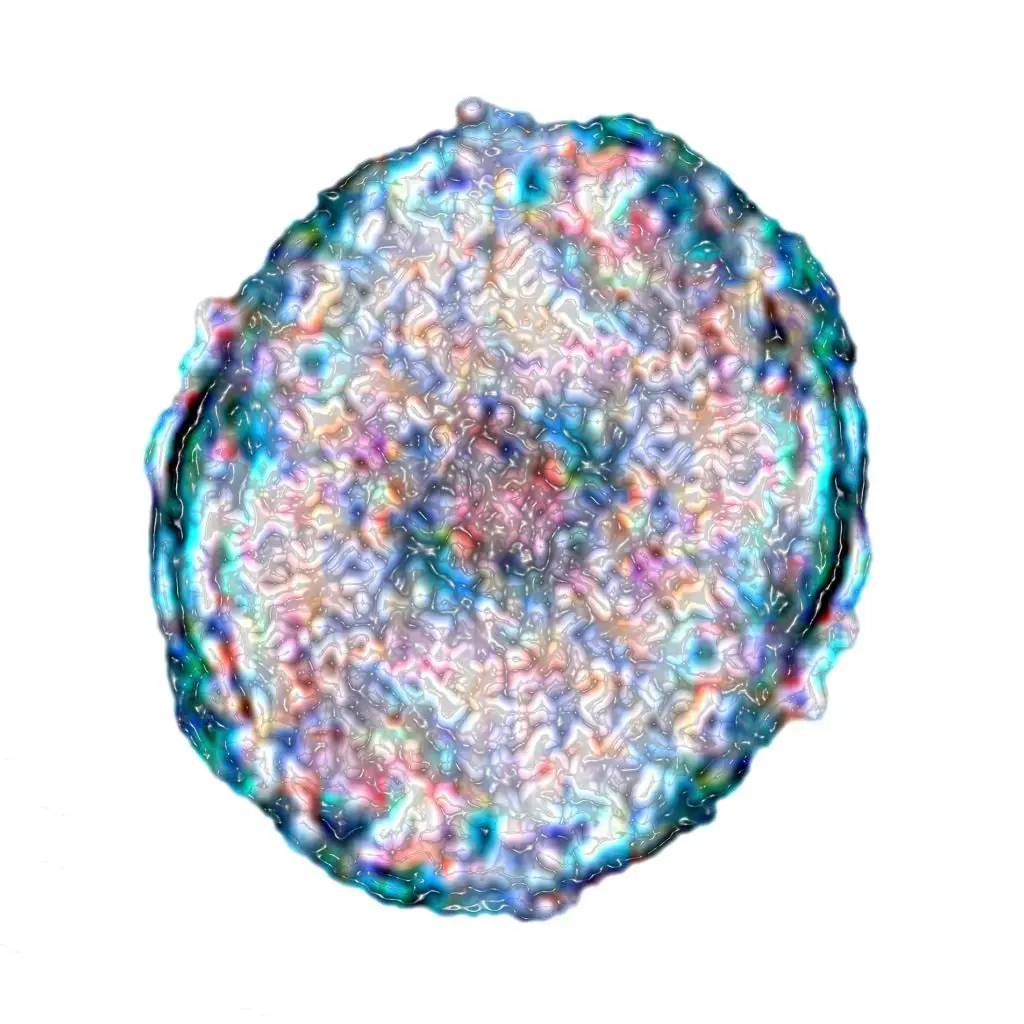Many of us nowadays deal extensively with the topic of nutrition . food is consumed in an attempt to optimize physical performance health . to influence or to get the body into a desired shape or to maintain it in a certain form.
It is completely normal for different people with the most diverse diets to come together at a table and exchange why they cannot or do not want to eat this or that.
A conscious diet is generally advocated - and this is probably one of the main reasons why orthorexia can develop insidiously and is only perceived very late by the environment of an affected person.
Eating disorders such as anorexia or bulimia are considered the most well-known diseases in society in connection with compulsive eating. It is different with orthorexia, which has not yet been officially recognized as an independent clinical picture, for which there are accordingly no explicit diagnostic criteria yet. So what is orthorexia, known in professional circles as orthorexia nervosa?
Whole food groups like fruits can be excluded due to supposedly harmful ingredients.
What is orthorexia?
The term stands for a compulsive eating behavior in which those affected are so fixated on eating healthily that they believe that even the one-time consumption of a food that they consider unhealthy can make them ill.
















